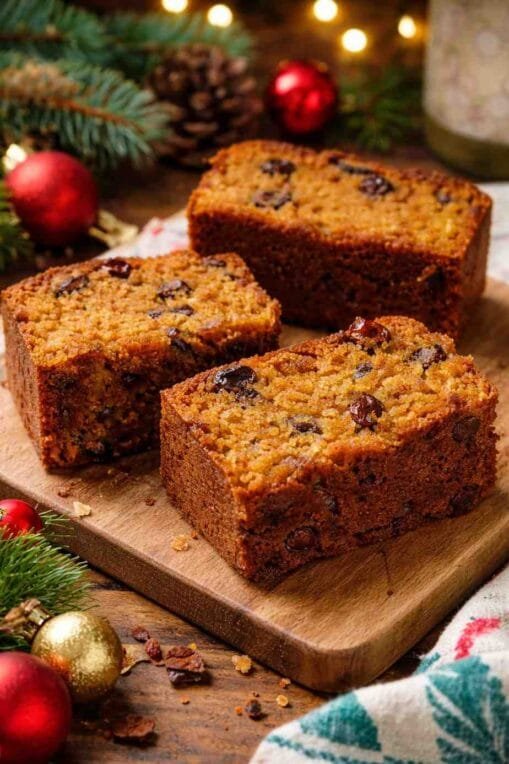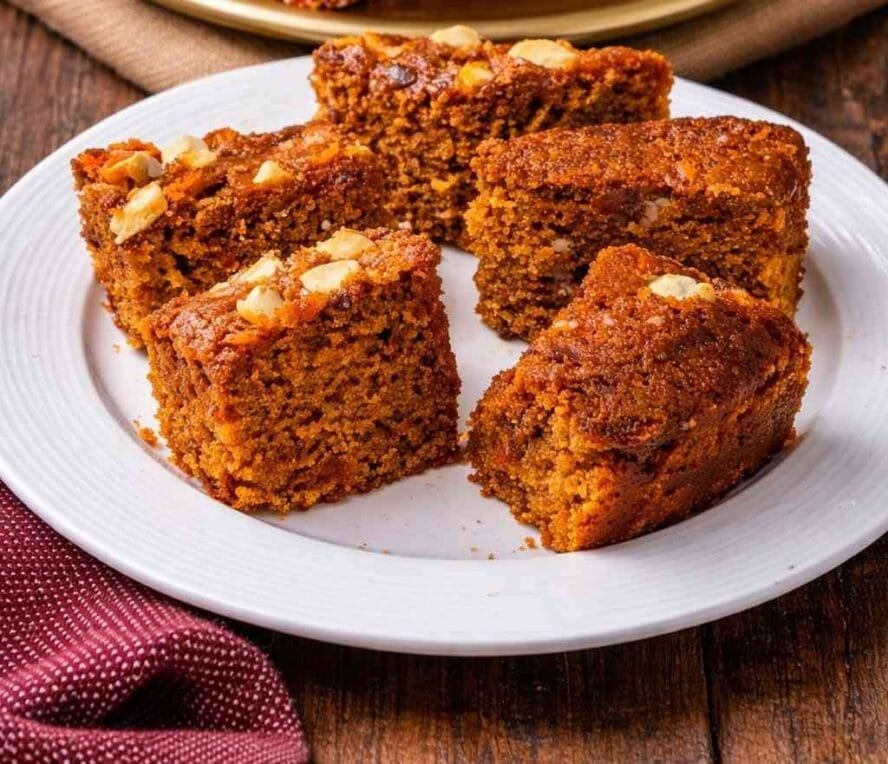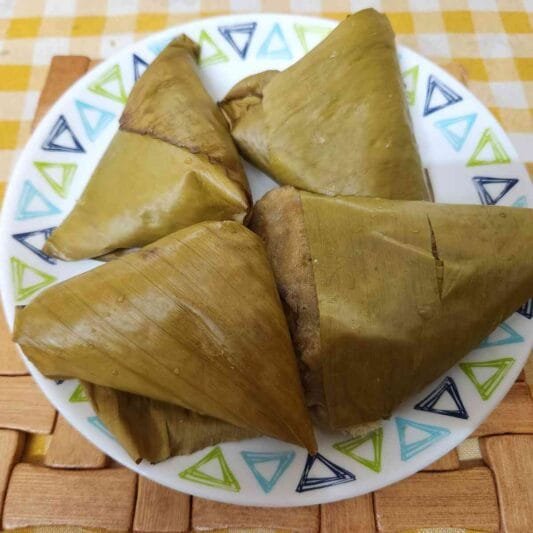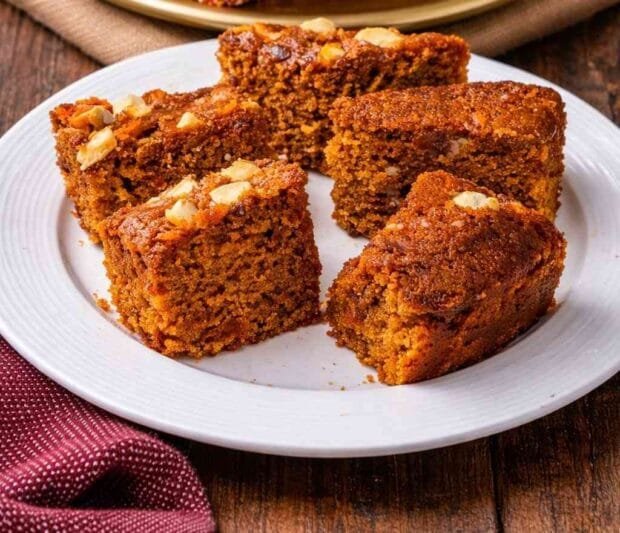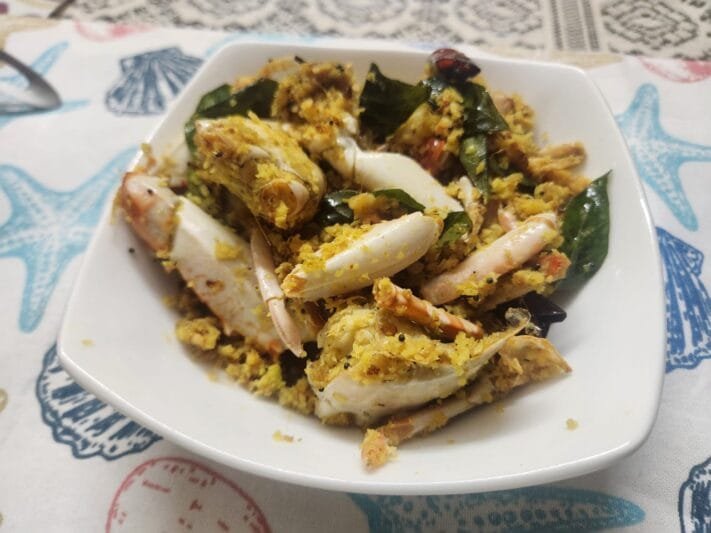Essential Cooking Tips for Beginners and Enthusiasts
Cooking can be a rewarding experience, especially when you’re organized and prepared. Whether you’re a beginner or a seasoned chef, following some simple tips can help elevate your culinary skills and ensure that your dishes come out just the way you want them. Here are some essential cooking tips to keep in mind:
1. Gather All Ingredients Before You Start
Before you begin cooking, make sure you have all the required ingredients assembled and ready to go. Check them against your recipe to ensure you haven’t missed anything. If you’re a beginner, it’s important to follow the recipe exactly—don’t skip ingredients or alter the quantities. Consistency is key, and getting the right balance will set you up for success.
2. Prepare Cooking Equipment in Advance
Having all your cooking pots, pans, and utensils in place before you start is essential. Wash and set them on the stove or countertop so you’re not scrambling for equipment during the cooking process. This will help you stay organized and keep the cooking flow uninterrupted.
3. Whisk Eggs in Larger Bowls
When you’re whisking eggs, always use a large bowl. The larger surface area helps the eggs stiffen more quickly, making your task easier and faster. Using a smaller bowl might lead to less effective whisking, which can affect the consistency of your batter or mixture.
4. Choose the Right Sugar for the Job
For plain cakes, opt for granulated sugar, which dissolves well and gives the cake a nice texture. However, when making creamed or sponge mixtures, fine castor sugar is a better choice. It dissolves more easily and contributes to a smoother, lighter consistency.
5. Understanding the “Pinch”
In cooking, a pinch refers to as much of an ingredient as can be held between your index finger and thumb. It’s a small but important measurement, especially when adding spices or seasonings to your dish. Don’t underestimate the power of a pinch—it’s all about balance in your flavors.
6. Create a Shopping List
Before heading to the store, make a shopping list. Categorize the items into sections like vegetables, groceries, and stationery to make your trip more efficient. Having a well-organized list ensures you don’t forget any essential ingredients and helps you stay on budget.
7. Soak Gelatine for Faster Dissolving
When using gelatine for puddings or other recipes, soak it in cold liquid before adding it to your dish. This helps it dissolve more quickly, making your pudding or dessert come together faster and more smoothly.
8. Bananas Don’t Belong in the Fridge
While it may seem like a good idea to keep bananas in the fridge, doing so actually causes them to discolor and lose their flavor. Instead, store them at room temperature to preserve their natural taste and texture.
9. Dried Lemons as Moth Repellents
Did you know that dried lemons can be used to prevent moths in your wardrobe? Place them in satchels and hang them in your closet—this natural remedy helps keep moths away and adds a pleasant, fresh scent to your space.
10. Scrape, Don’t Peel Carrots
When preparing carrots, scrape them instead of peeling them. The outer layer of carrots contains many of the vitamins and nutrients, so removing it could strip away some of their health benefits. Scraping is a simple and effective way to preserve these nutrients while still cleaning the vegetable.
By following these simple yet effective tips, you’ll improve your cooking skills and create delicious meals more efficiently. Whether you’re just starting or have been cooking for years, staying organized and being mindful of these details can make all the difference in your kitchen.
Happy cooking!
